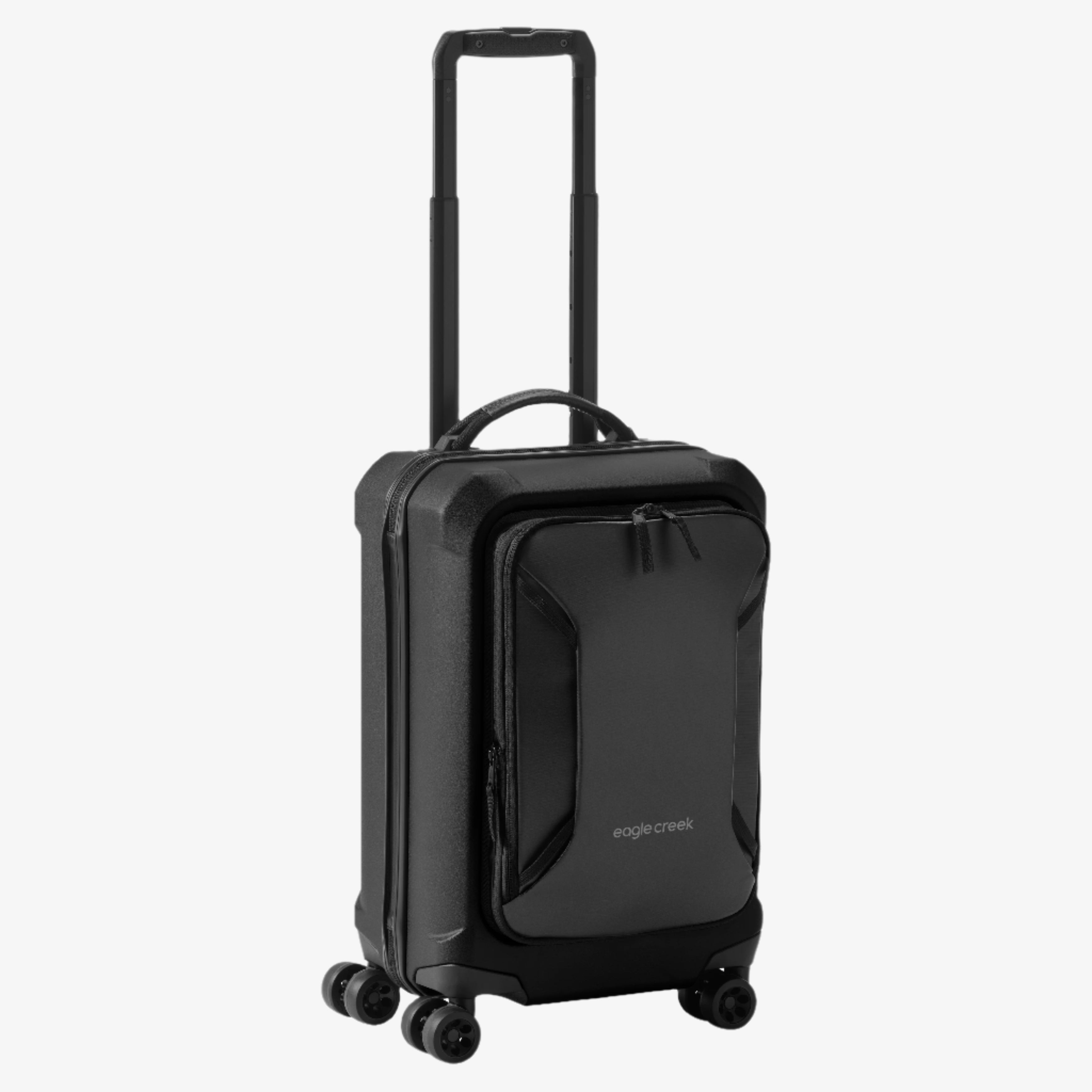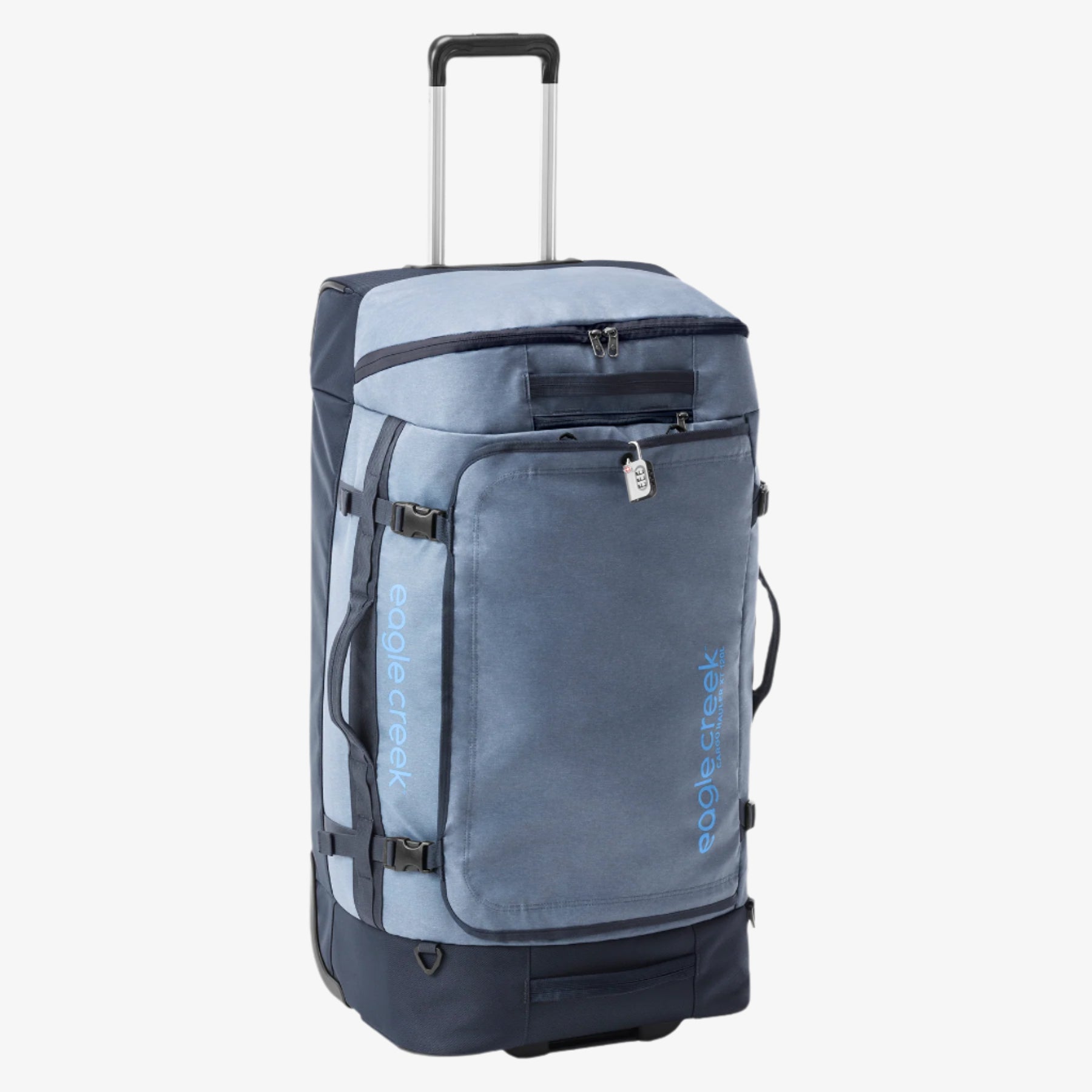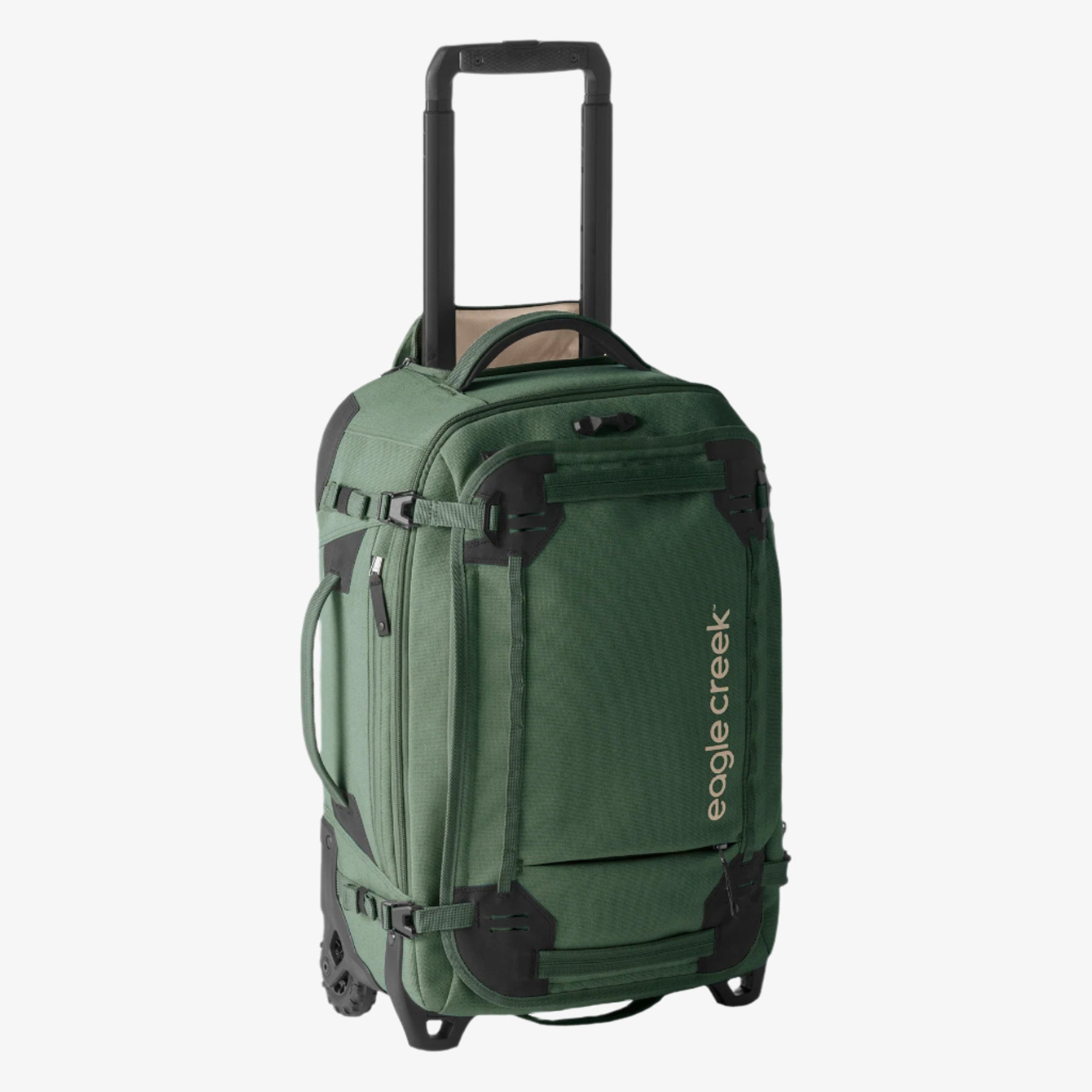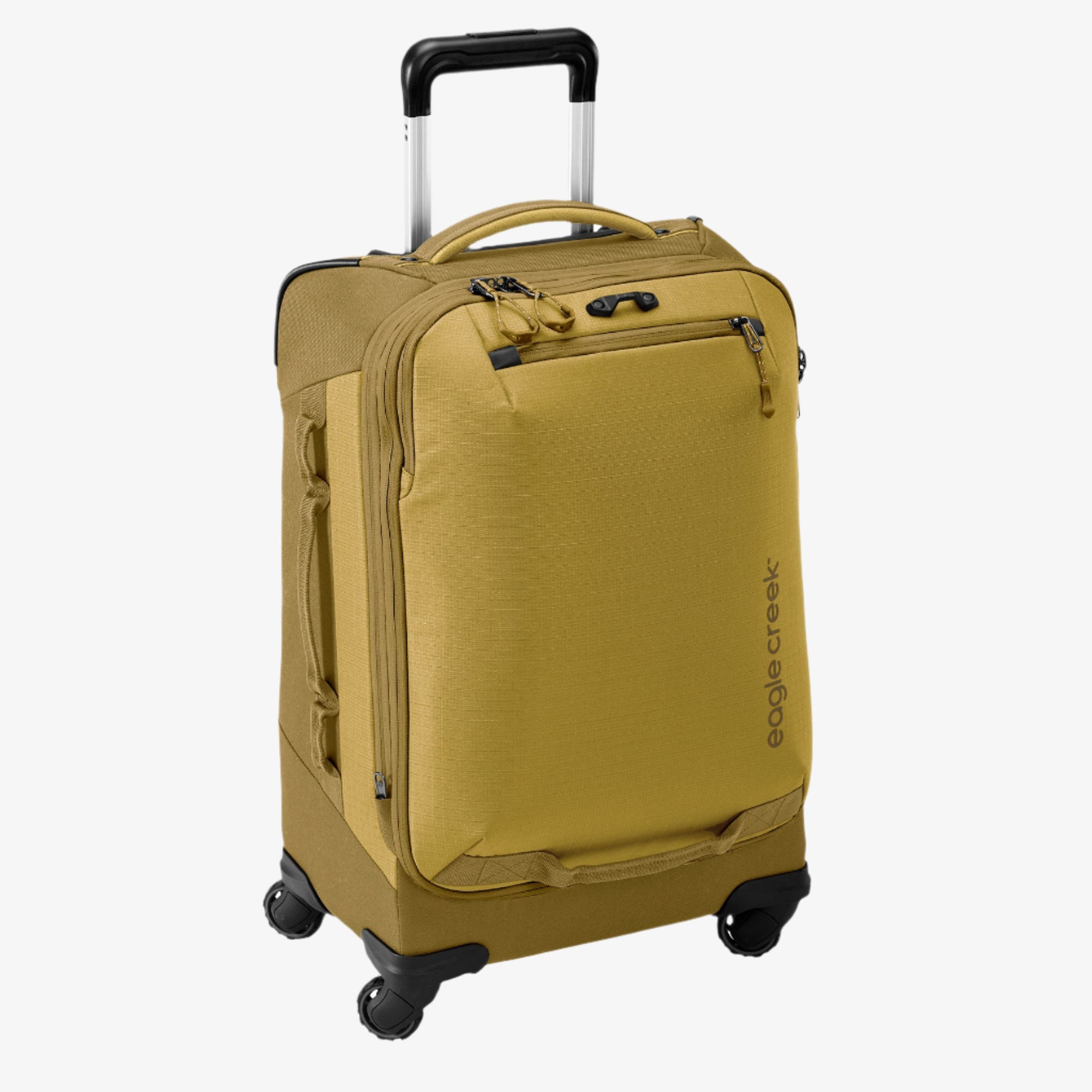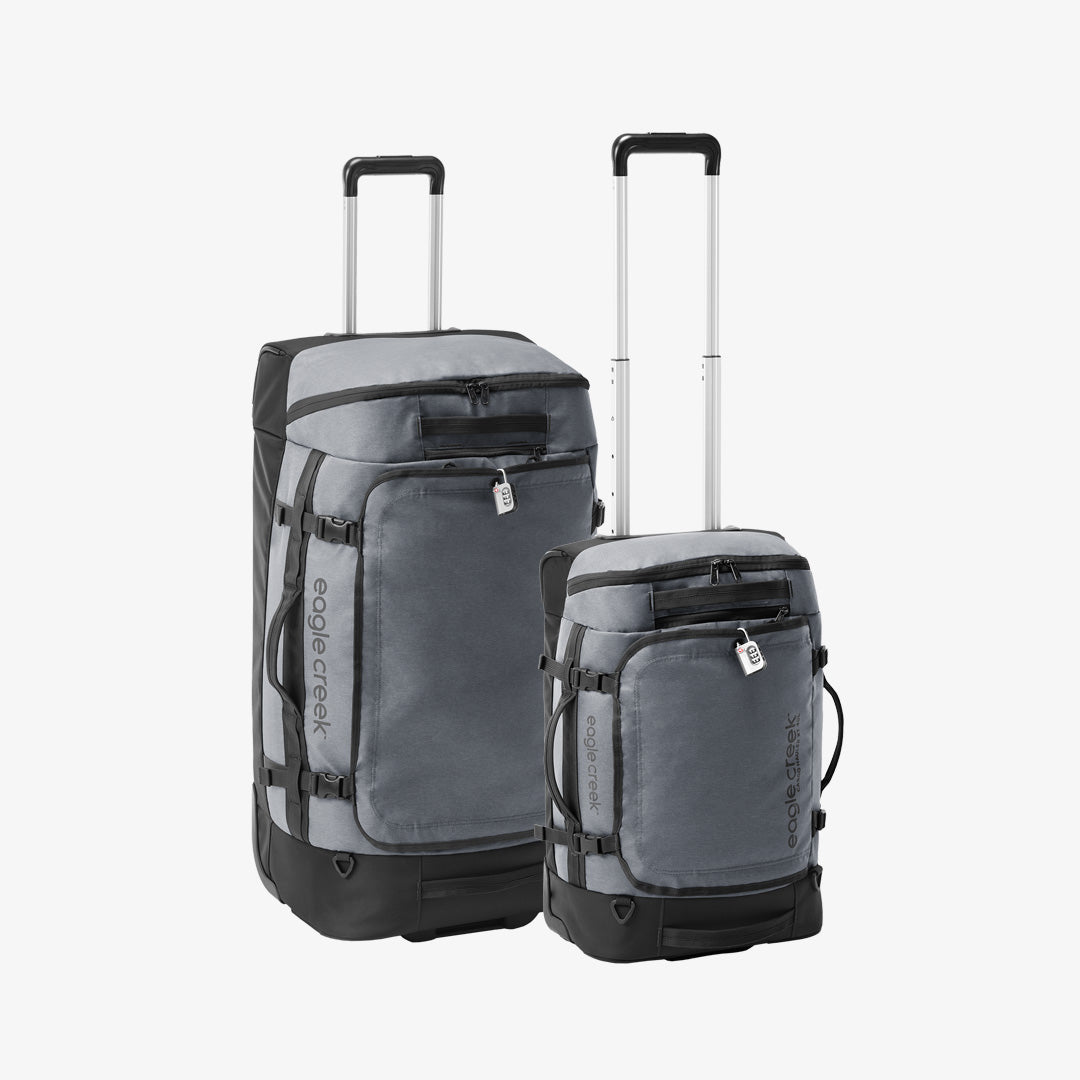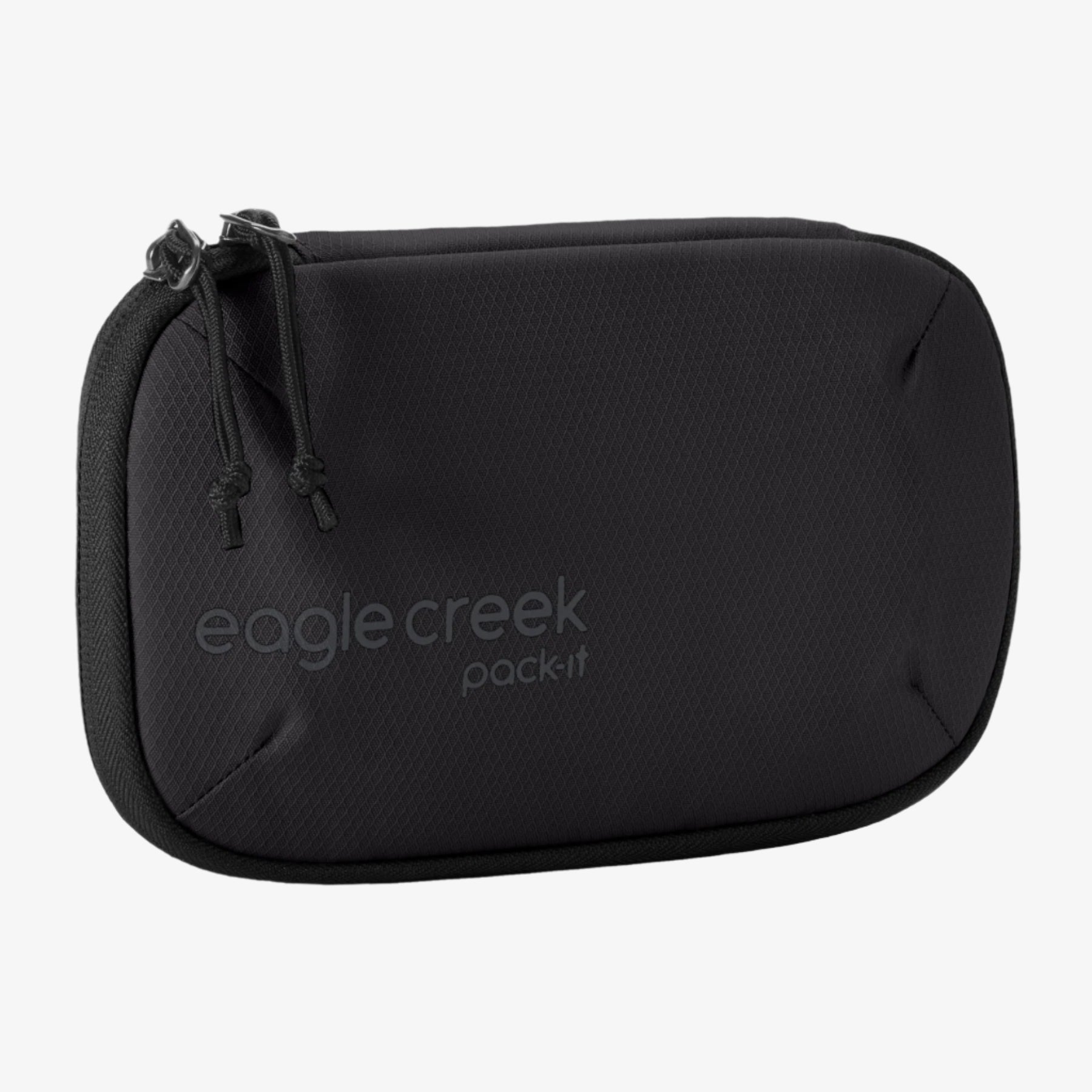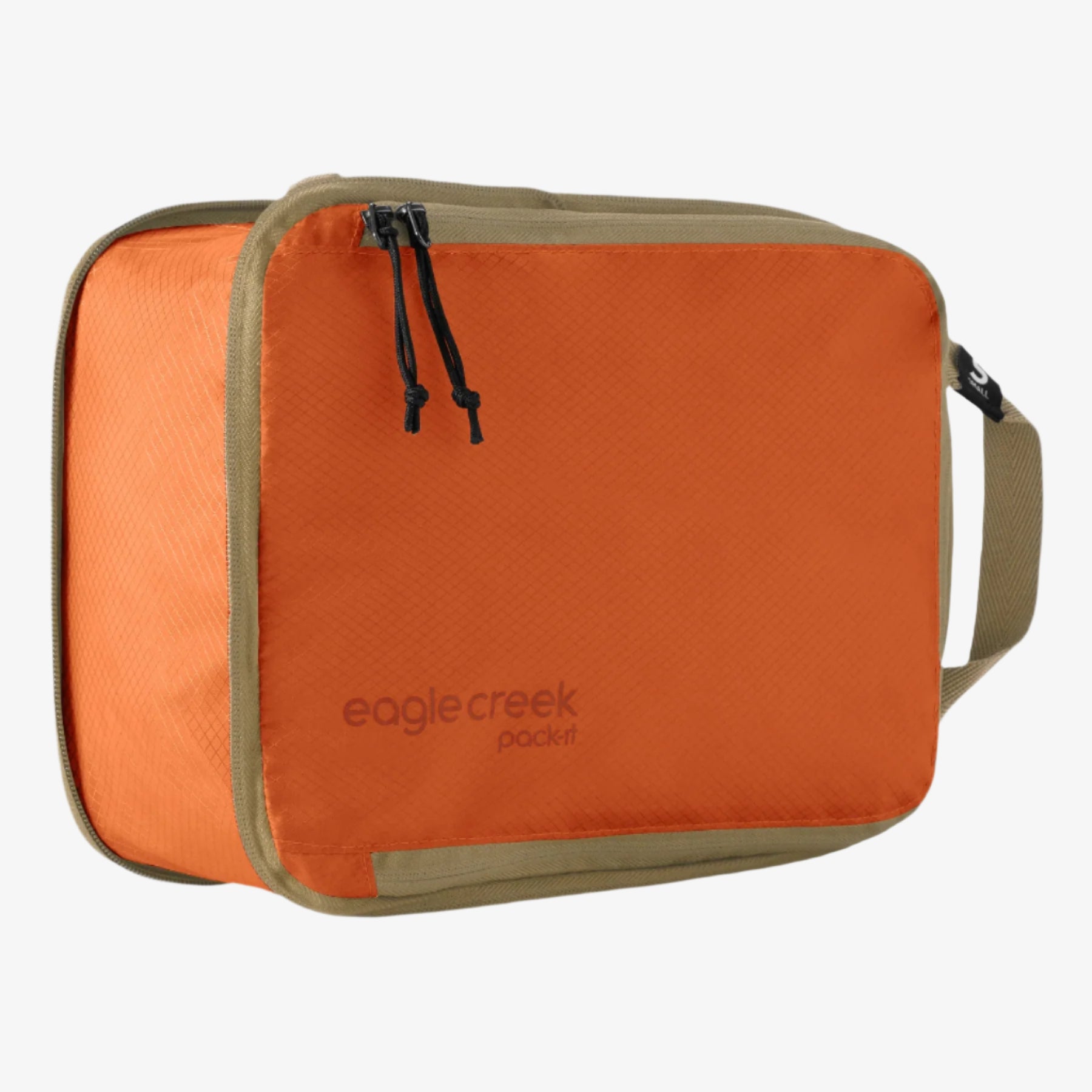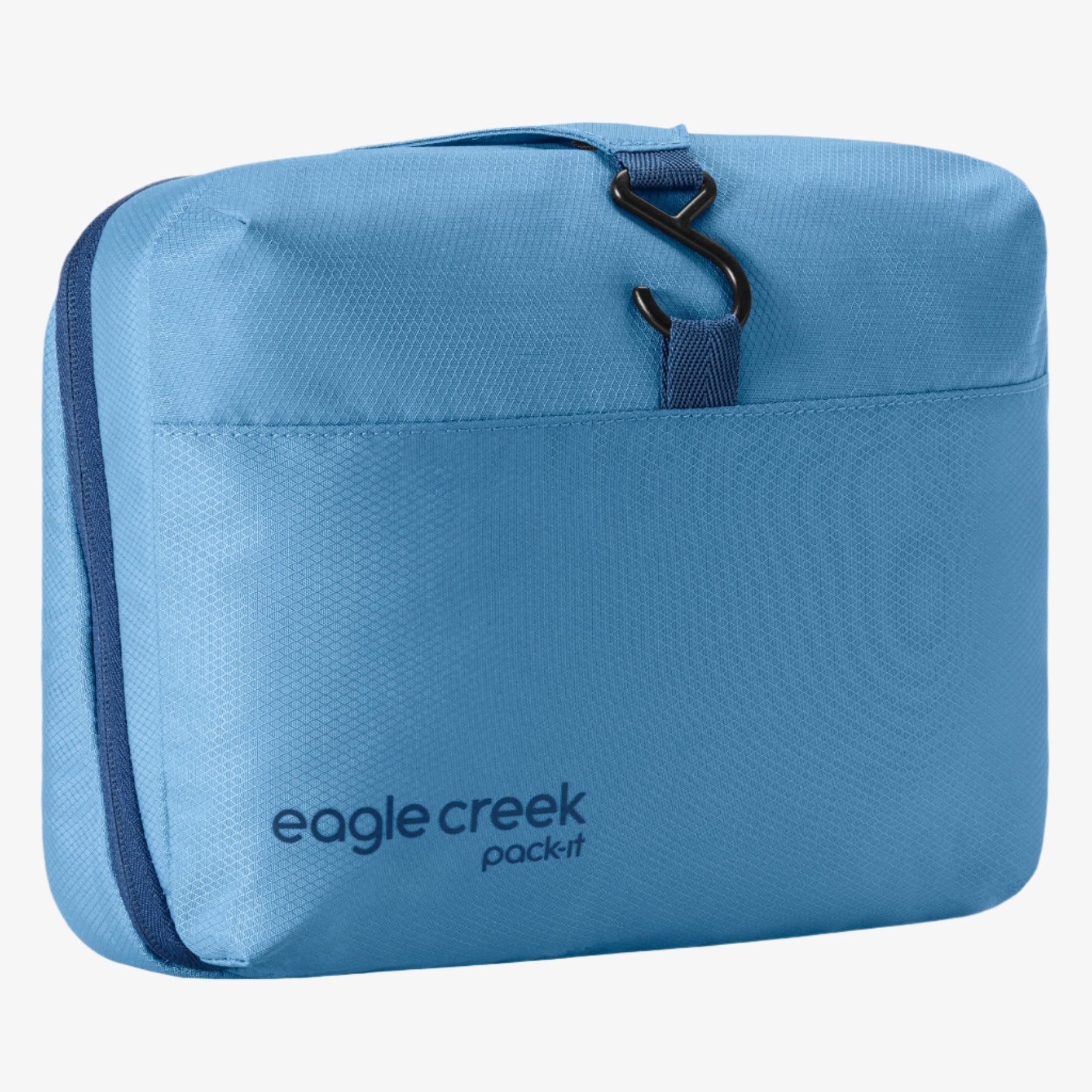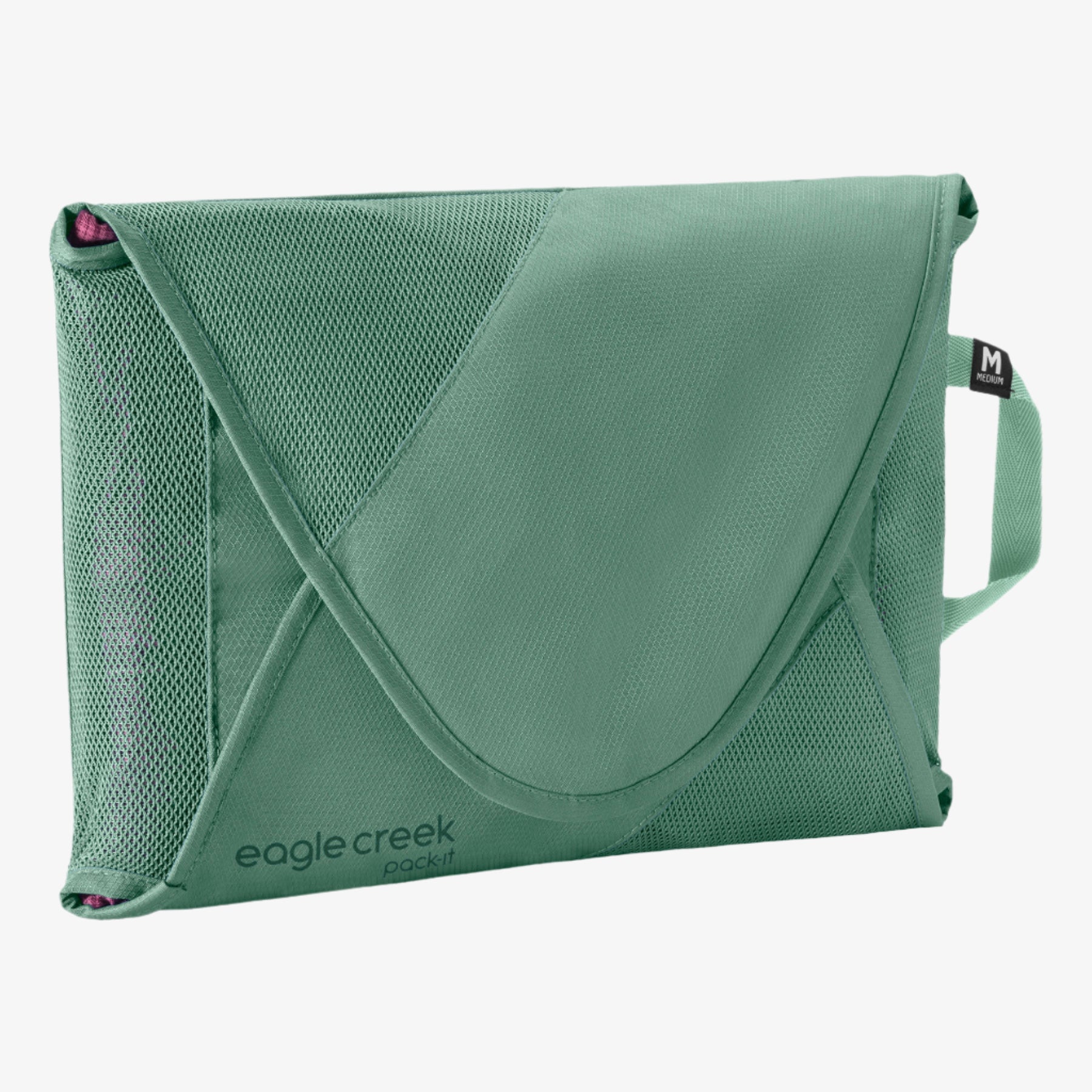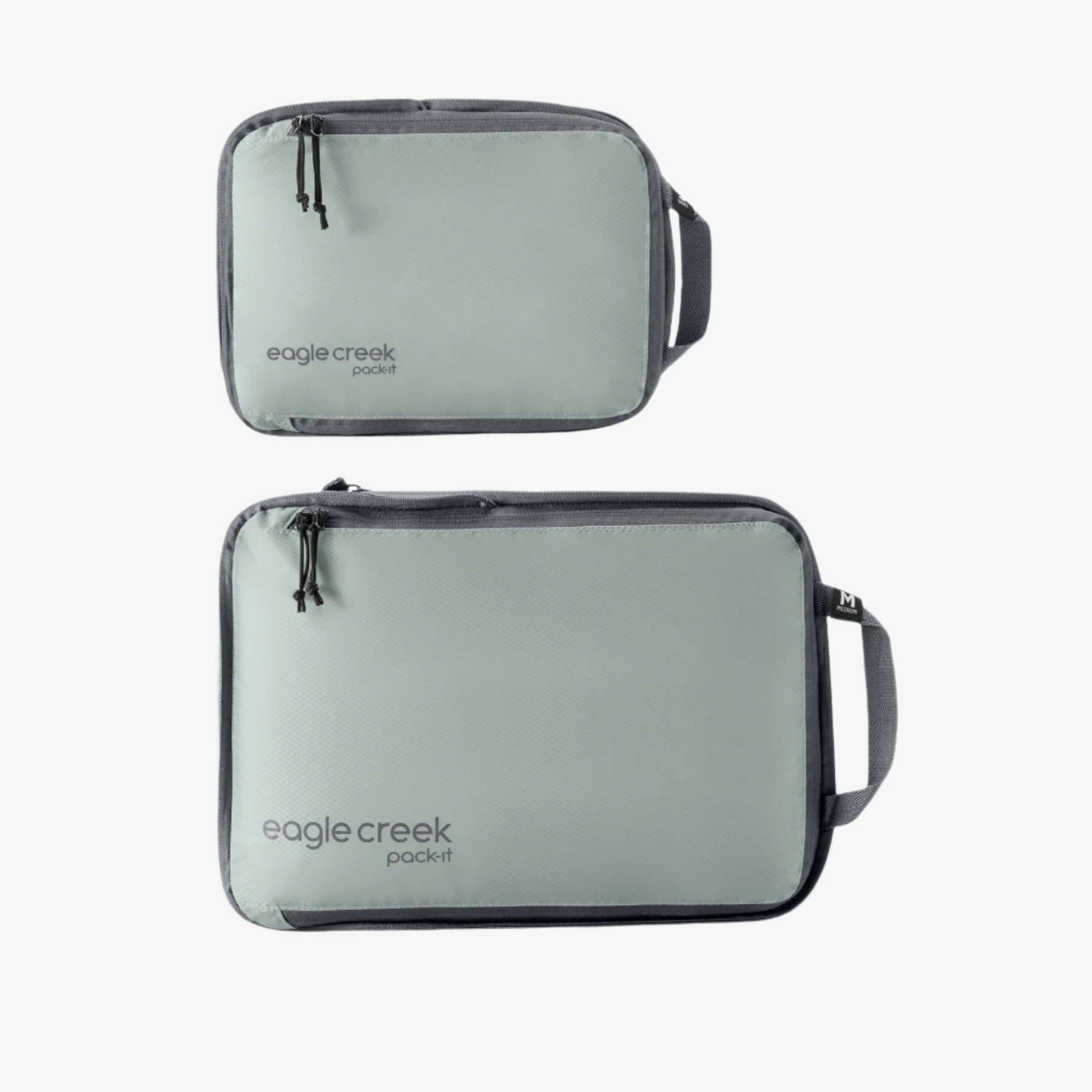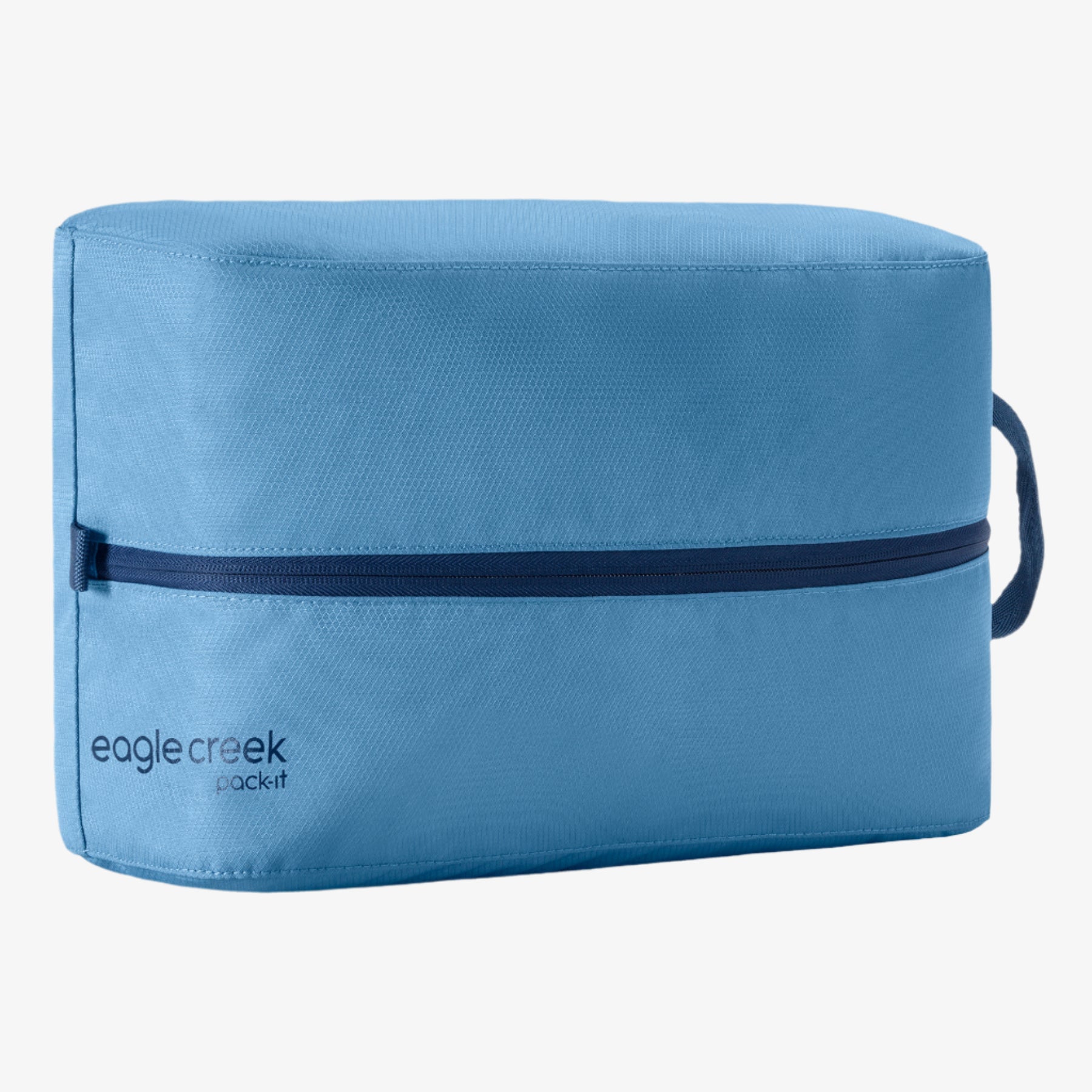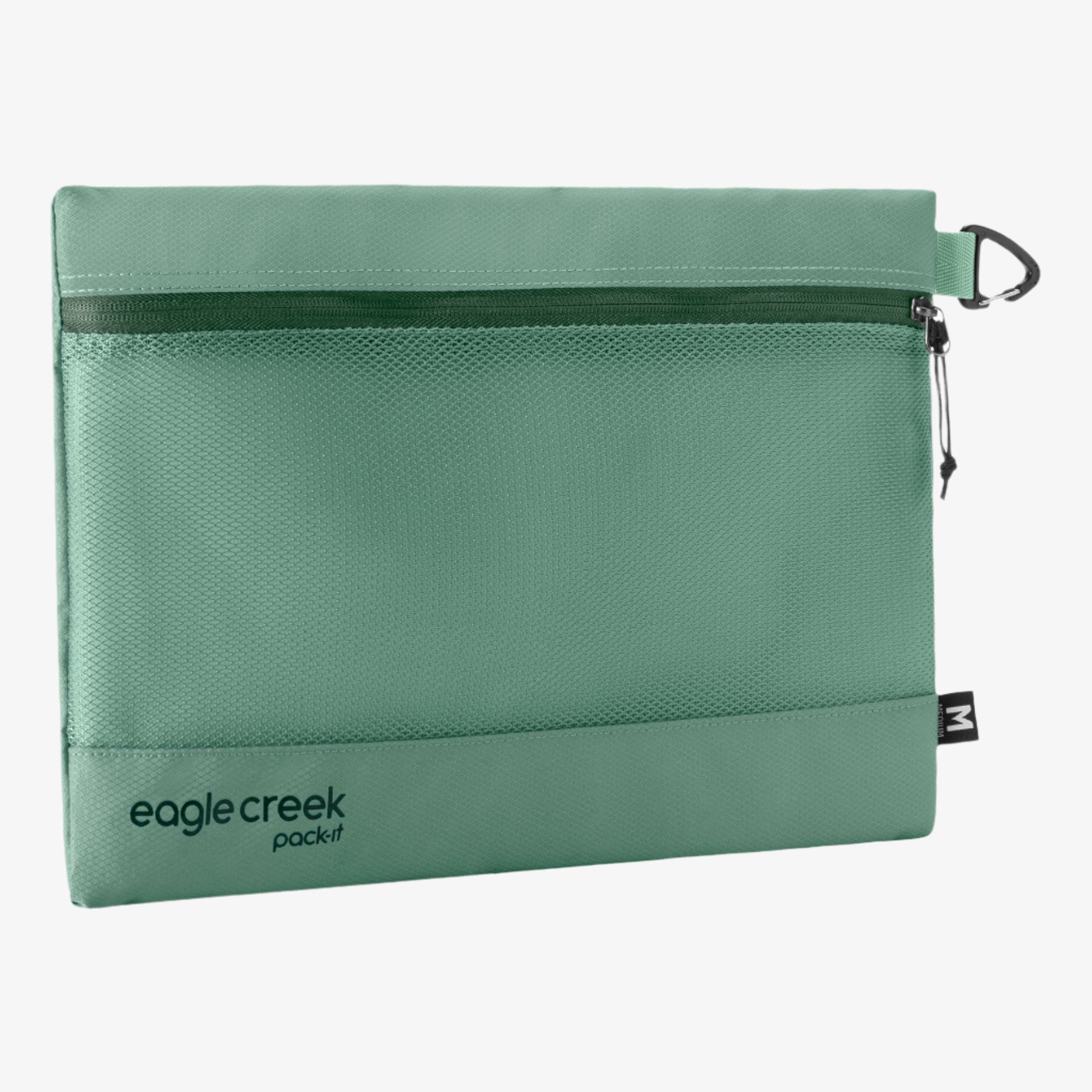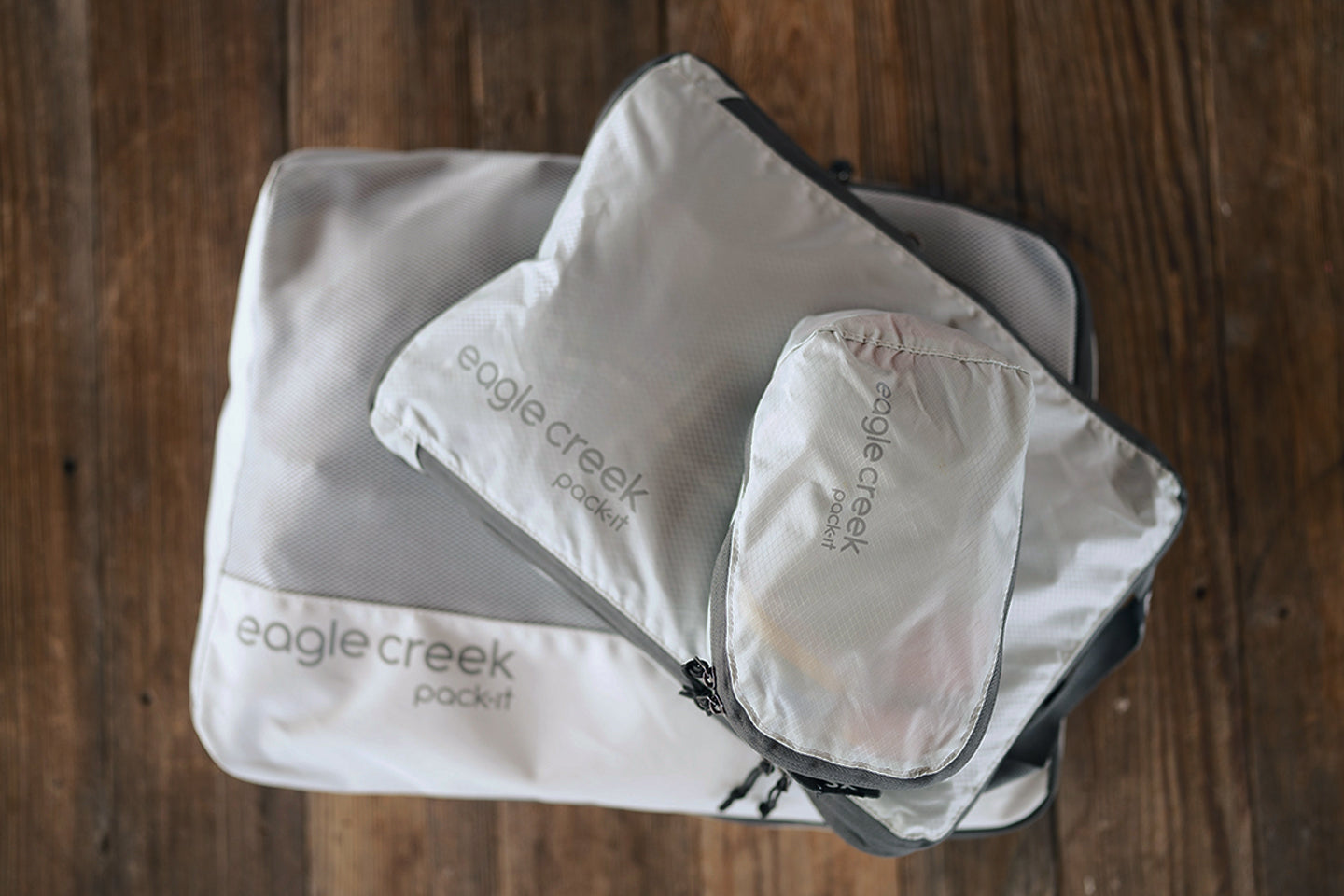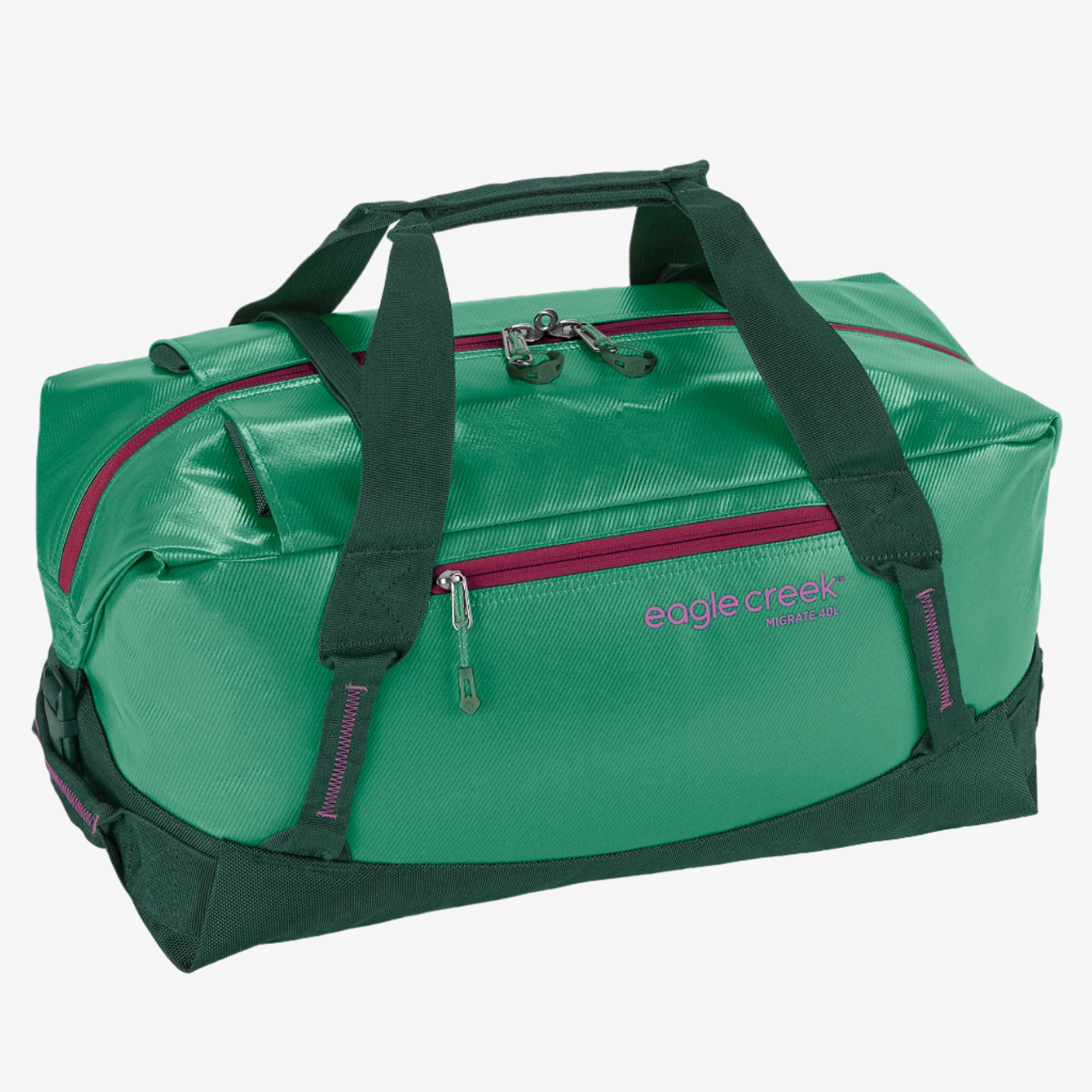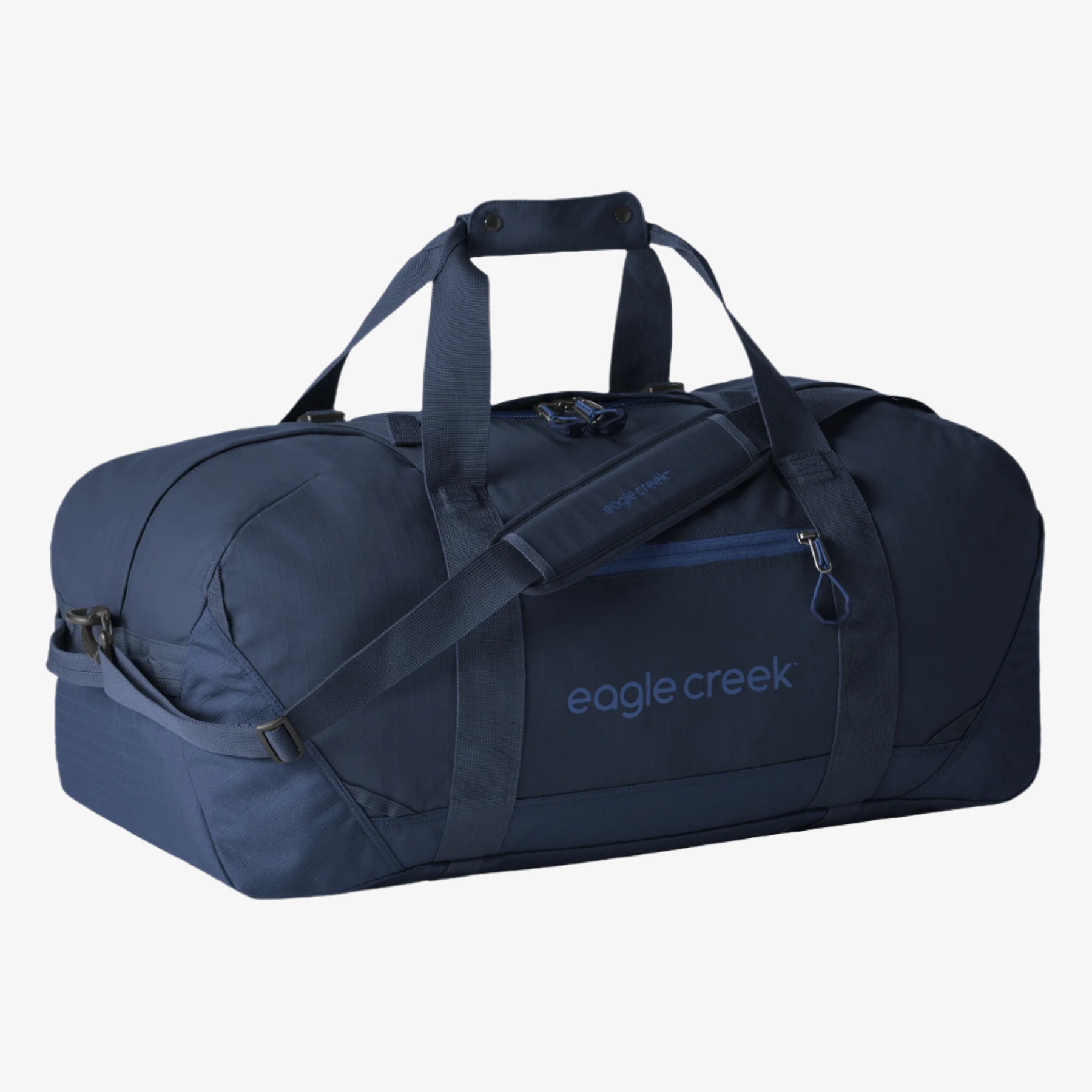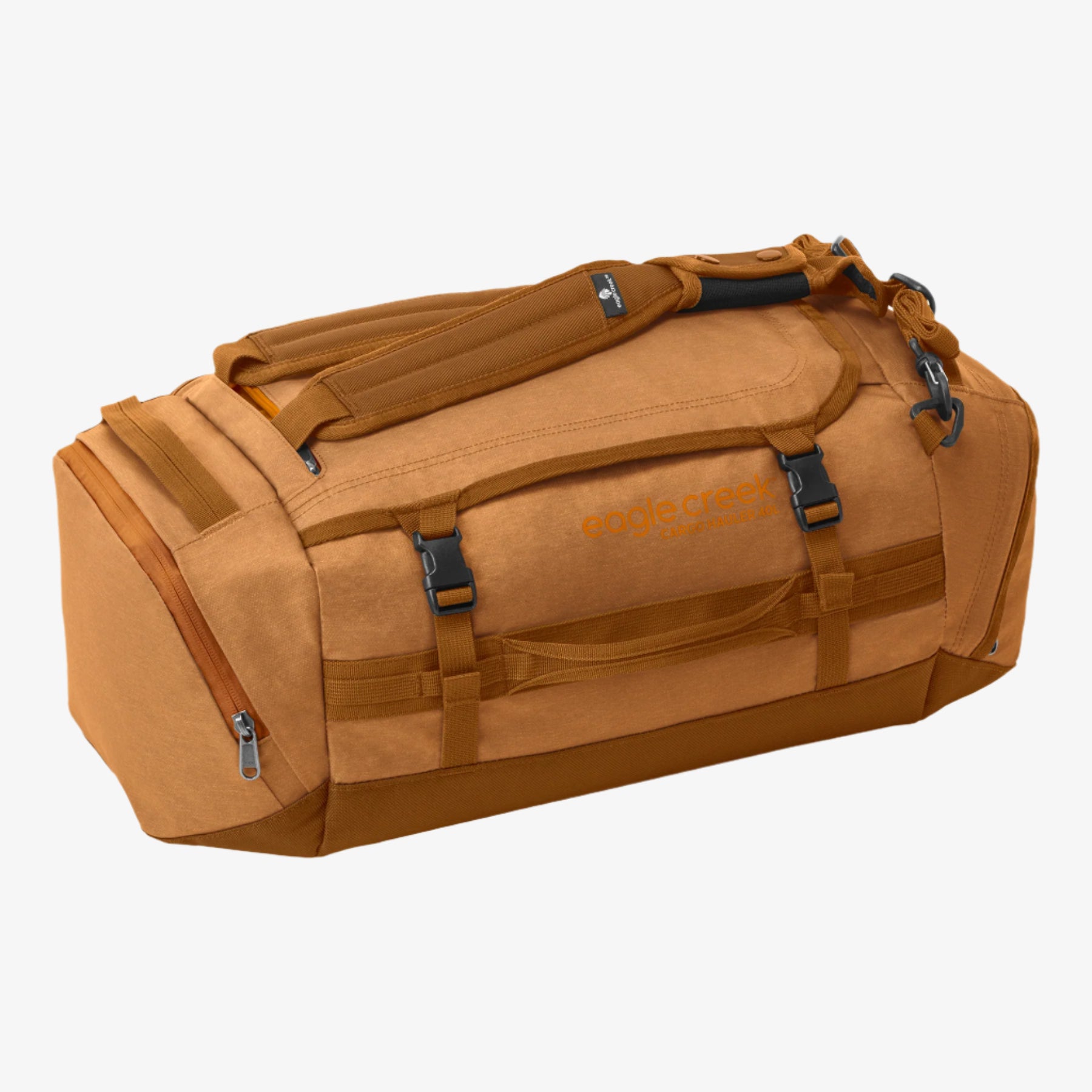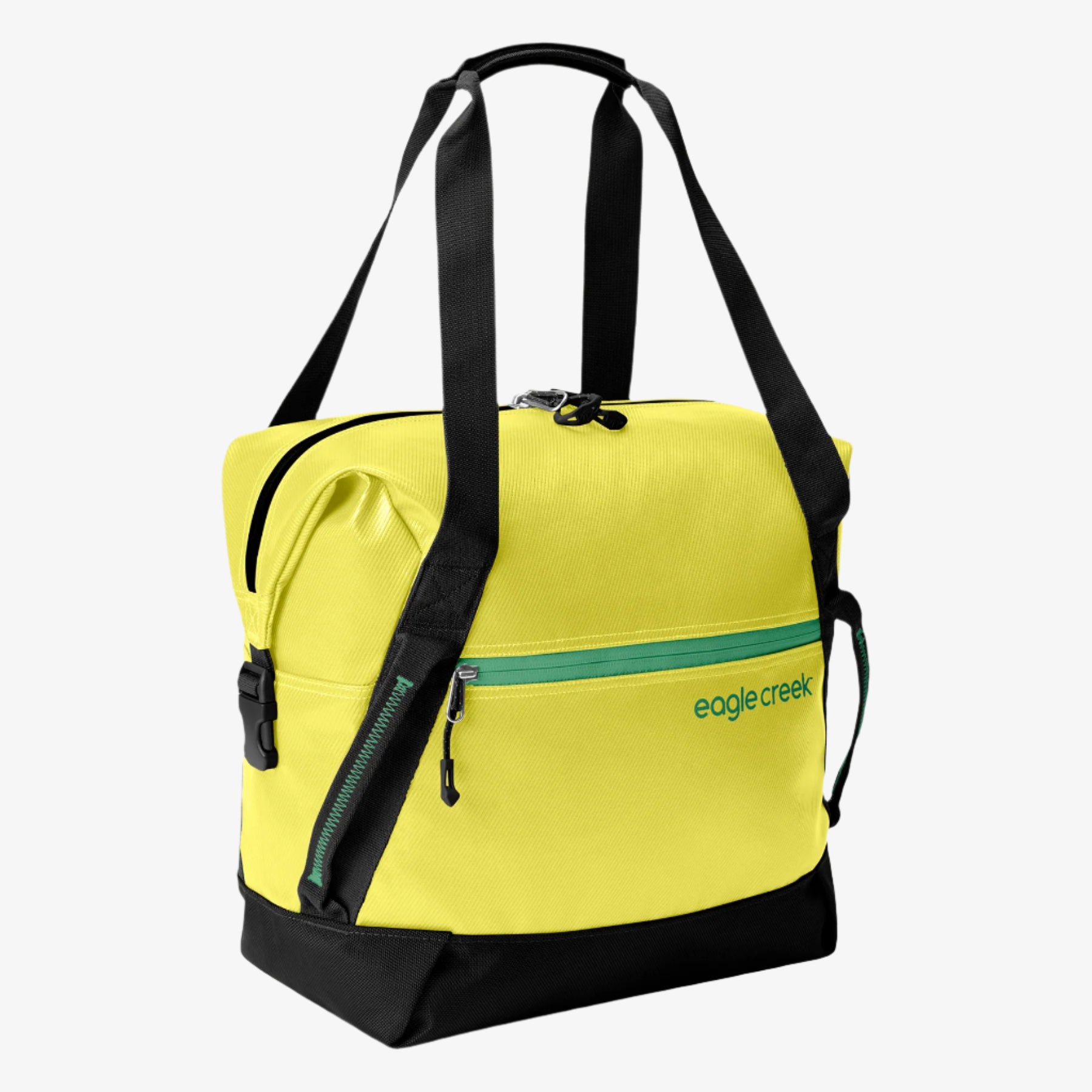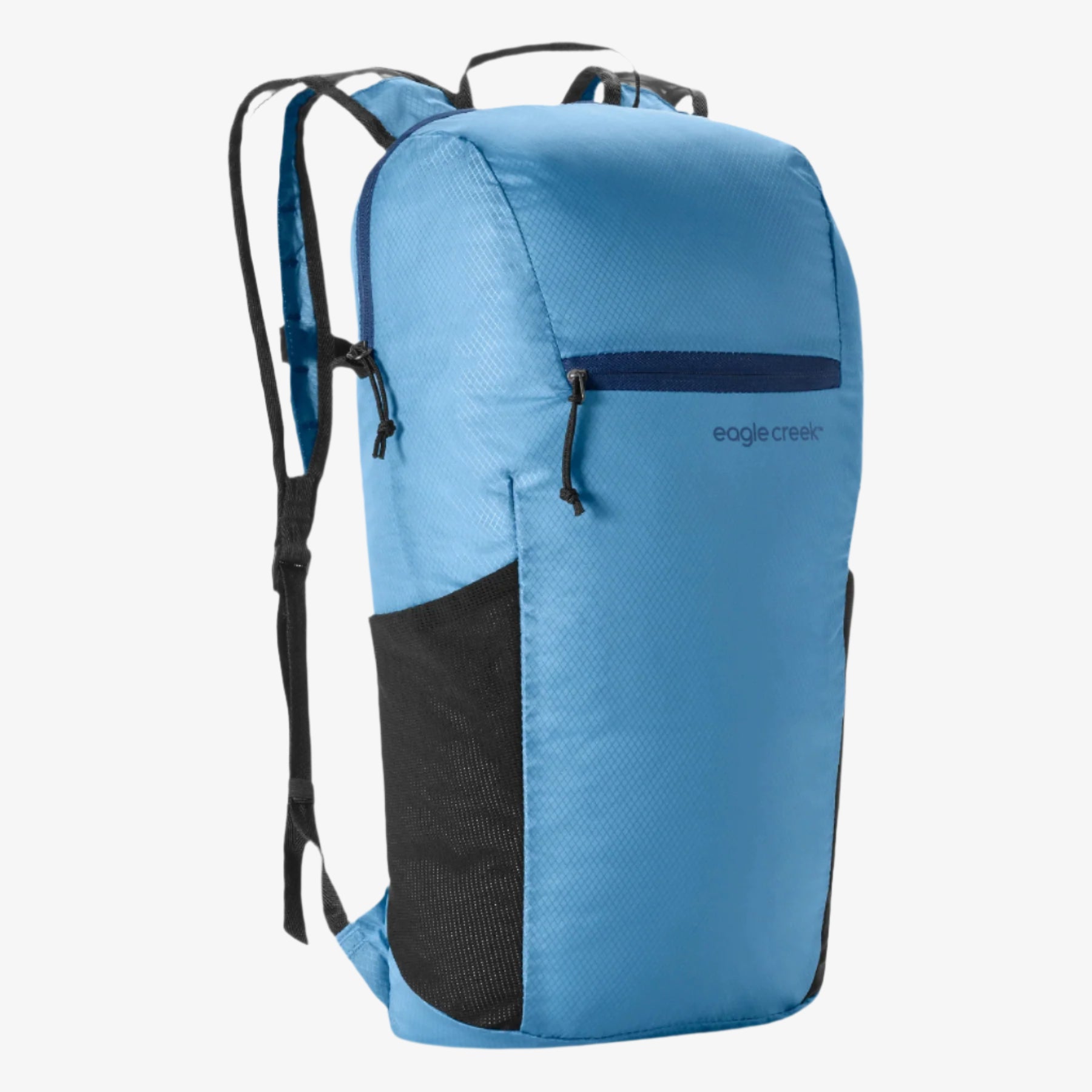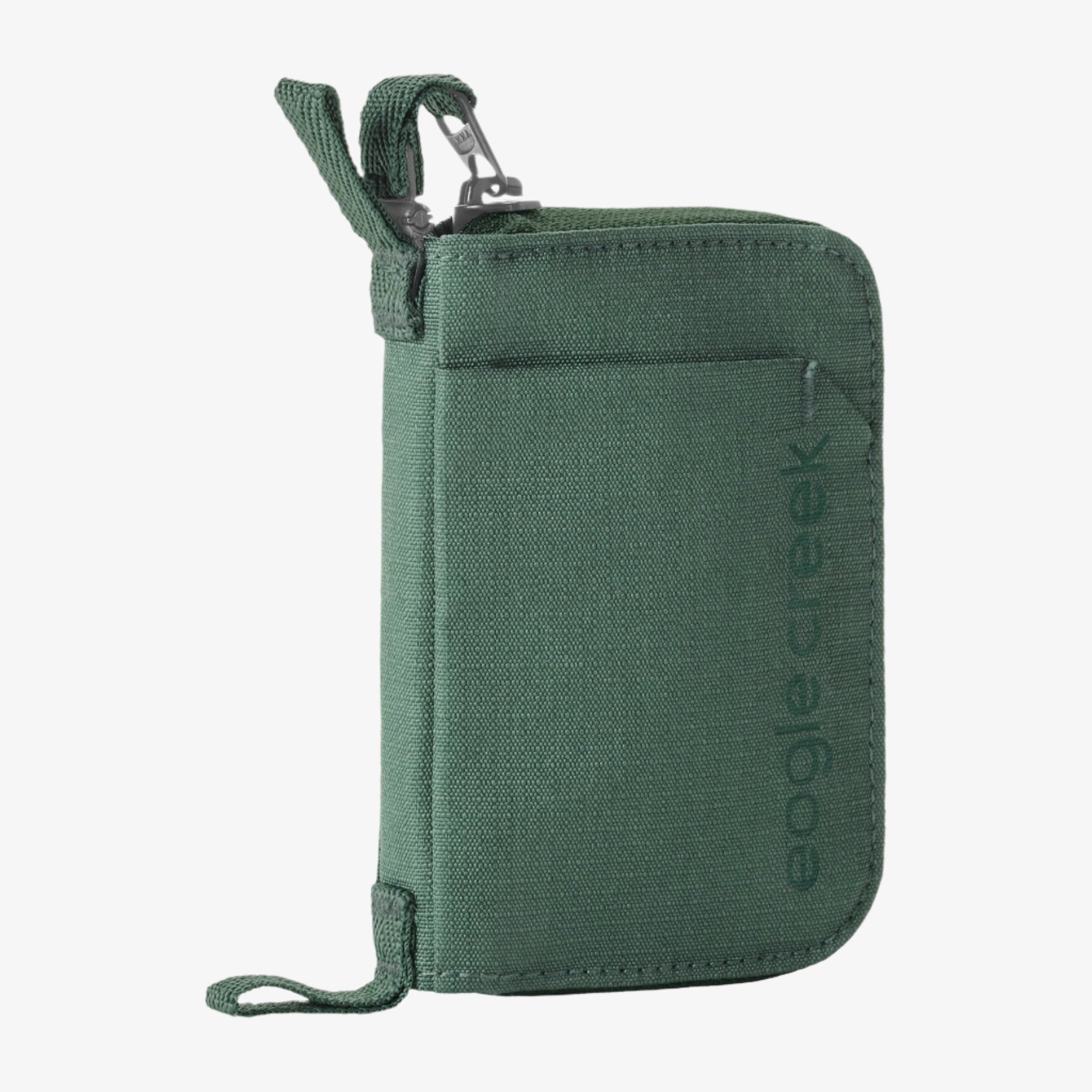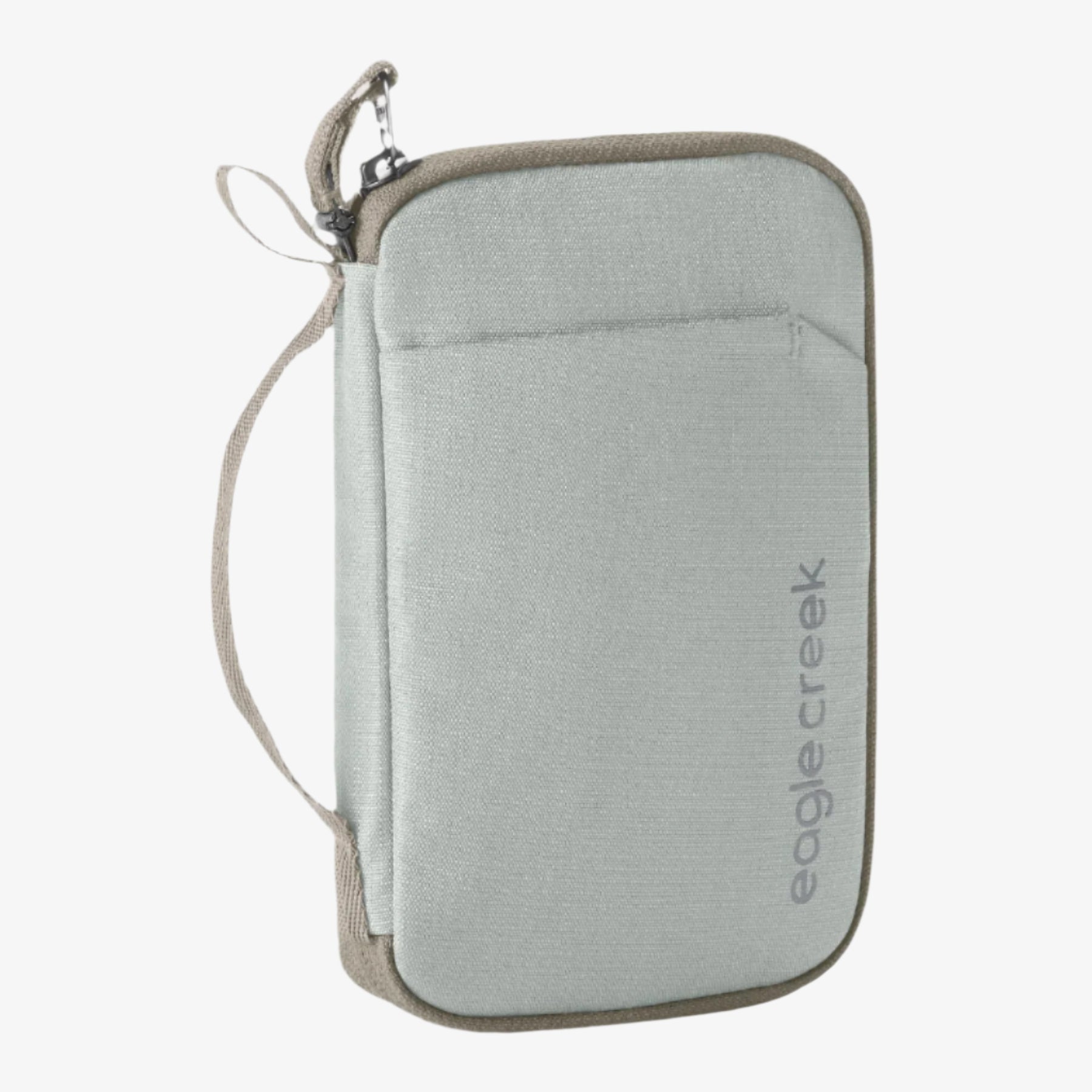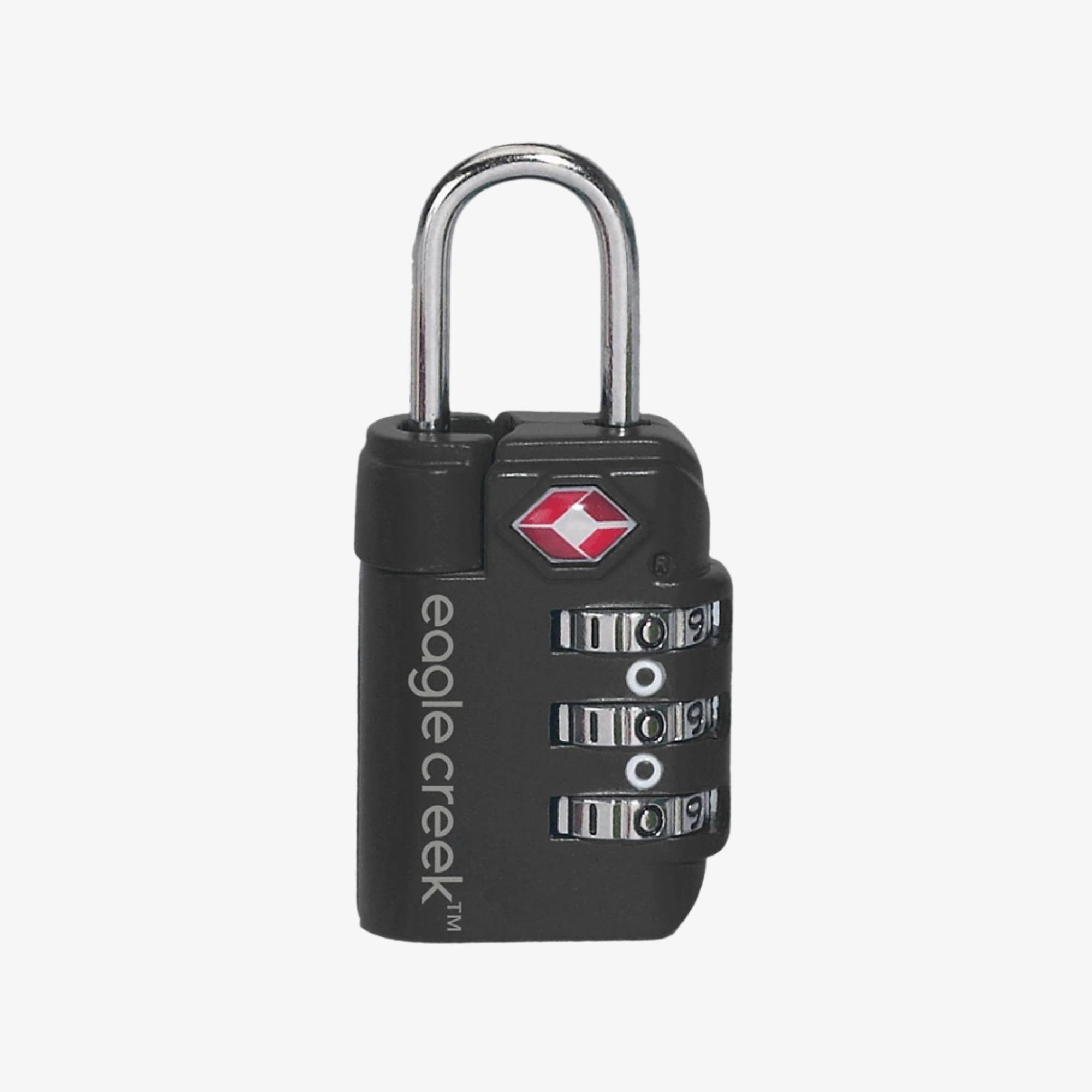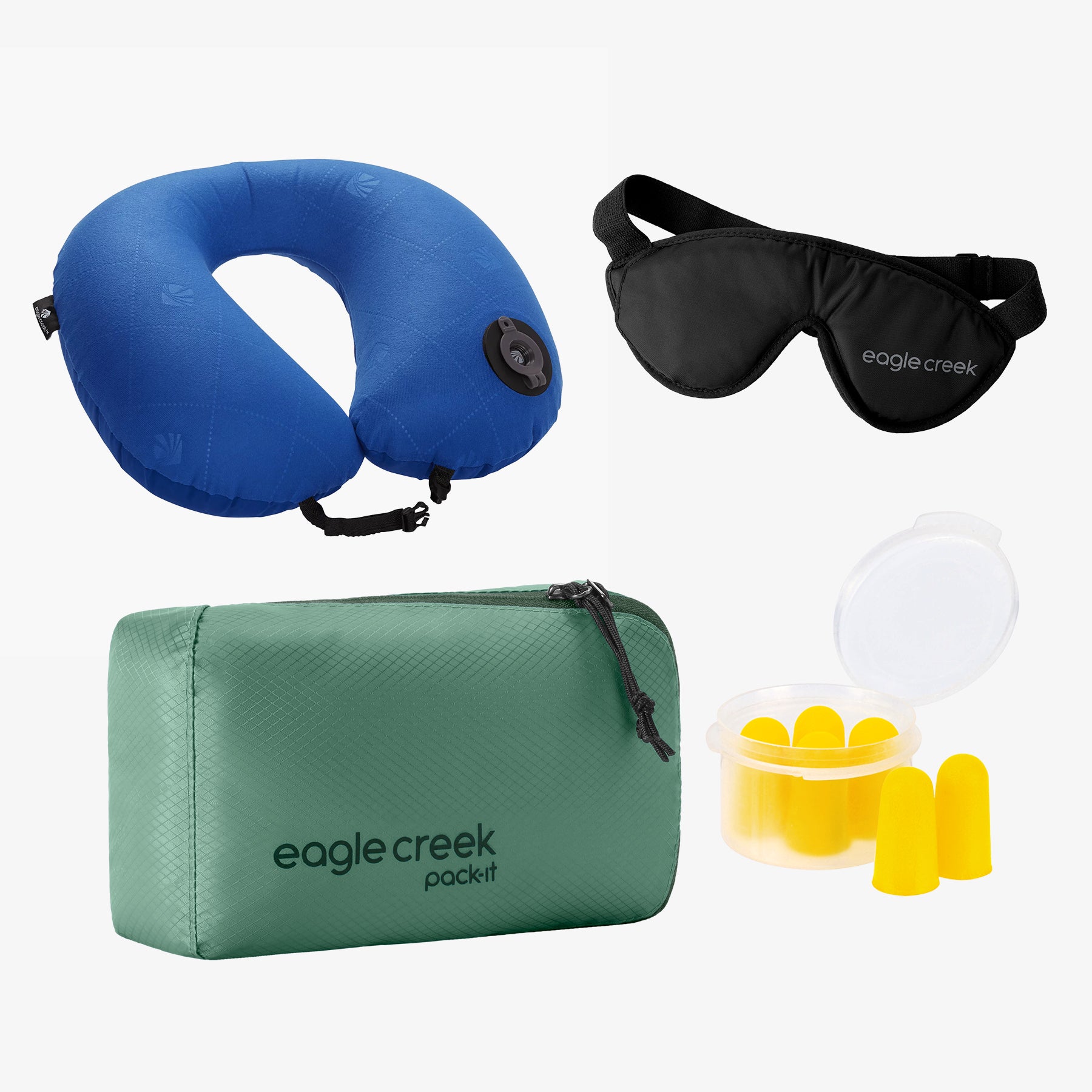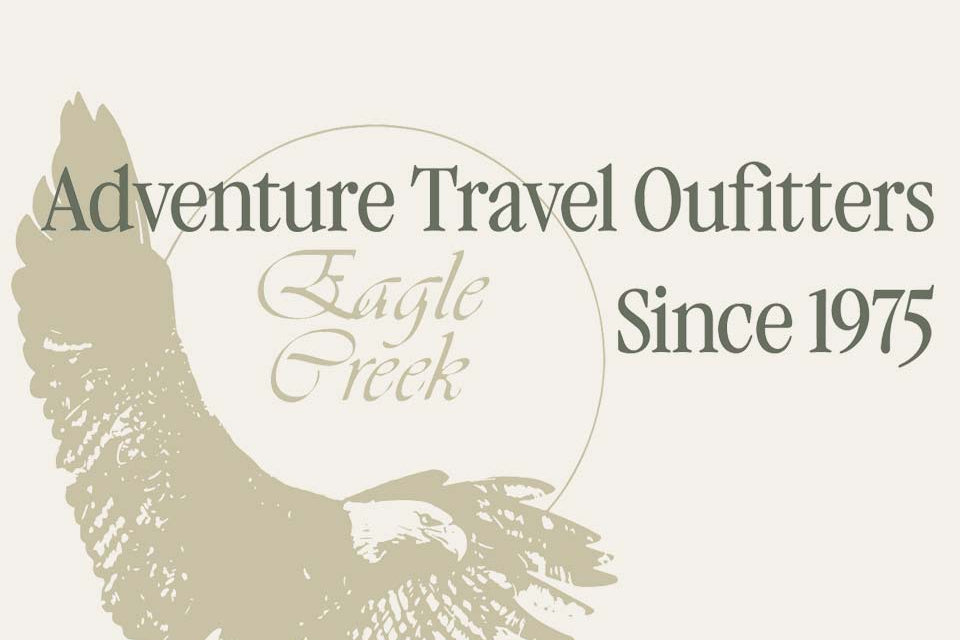
Enrich yourself with a skill that will make you a more mindful traveler in the future: learning a foreign language! These free and low-cost resources will help you kick off your lingual journey with the best online language learning apps, as well as the methods that will improve your skills the fastest.
“Mimi ni Mkenya bwana,” might be the most important phrase to learn in Swahili before traveling to Kenya. It translates roughly to, “Dude. I am Kenyan.” To be clear, I am not Kenyan, but this simple phrase—spoken with confidence and a healthy accent—will help you get better prices on items at the market, motorbike rides, and even safari tour packages. It also discourages persistence from people trying to sell you things you don’t want. In that way, “si leo, kesho” is also a great phrase—it means, “Not today, tomorrow.”
The idea here is obviously not exclusive to one country or one language. Before traveling anywhere, it is a great idea to learn about the local culture and learn key phrases in the local language—even better if you’re keen to learn a language to fluency! Using foreign languages while traveling helps you during price negotiations, and it also helps you navigate new cities, stay safe, develop new friendships, be that much more eligible at night clubs, and, most importantly, allows you to come away with a deeper and more fulfilling travel experience. Below you will find online resources, language learning apps, and tips on how to start speaking your favorite foreign language before you set off on your next trip.
Best Free Language Learning App: Duolingo
Before shouldering my duffel and visiting my Kenyan American friend who now lives in Kapsabet, Kenya, I asked if I should learn any Swahili before traveling there. He told me it wouldn’t be that important in big cities like Nairobi, where everybody speaks English, but that it could be useful in the rural areas. He spent his whole life in America and didn’t know much Swahili himself until immigrating and suggested I use Duolingo, a free online website and app.
Duolingo’s mission is “making language education free, fun and accessible for everyone in the world.” It offers 94 total courses in 38 distinct languages ranging from Spanish to Navajo—courses in Klingon and High Valyrian are also available, although they won’t likely assist you in your worldly travels.
“Gamification poured into every lesson,” is how the website describes its online language learning platform. With badges, rewards, and leaderboards, Duolingo encourages users to fly through the quick, “bite-sized” lessons, which each take about five minutes to complete. The lessons are perfectly designed for either desktop learning, or to use via the Duolingo App.
Learning for Free Through Your Local Library
Most public library cards offer travelers free online language-learning resources as part of the membership. Compared to Duolingo, the online language websites offered through your local library are generally more serious, offering longer lessons geared less toward those with short attention spans and a proclivity for procrastination and more towards those inclined to complete a self-scheduled lesson in between weekly meal prep and time working out.
Many library systems offer Mango Languages lessons (which you can also sign up for directly through the website). Mango’s online language-learning system has courses in 36 languages and has an “Explore” feature where users can learn in ways outside of the traditional curriculum, like through Mango Premiere, which “is a film-based language-learning tool that delivers culture-packed flicks to curious learners and foreign-film buffs alike.”
Other library systems offer free language learning through Pronunciator, which boasts courses in 163 languages and the world’s largest language-learning content base. You can also create personalized courses, where you select the topics you like to talk about, the skills you would like to improve, and how much time you would like to dedicate to studying and “Pronunciator will build a robust and effective personalized course just for you.”
To take either Mango or Pronunciator on the go sign up for their language learning apps on Android or iOS. And while your local library may offer a different language-learning system than one of these two popular options, nearly every library offers some type of online language-learning services available for free.
Get Serious with Premium Language Learning Software
Most people have heard of both Babbel and Rosetta Stone. Babbel charges a low monthly rate ($7), while Rosetta Stone has a few different pricing options available, including a very affordable three month course in a single language ($12 per month). Babbel is very similar to Duolingo, with some extra features. Rosetta Stone brags that it is trusted by agencies such as NASA and the US State Department.
If you’re willing to shell out a little more money, highly effective, one-on-one, instructor-led online language lessons are also available through services like iTalki and Iboux. After signing up with iTalki and selecting which language they would like to learn, users are presented with a list of teacher profiles that include details such as their current availability, their country of origin, details on their teaching style, and their current hourly rates. Professional teachers, who range from certified instructors to community tutors, offer more informal and conversational language experience. Community tutors tend to have lower rates that start around $4 an hour.
Iboux is essentially the same thing, just a little beefed up. The one-on-one classes here might have a more defined curriculum and they only employ certified native instructors, with rates starting at $14 an hour. Both options are available on the go through mobile apps.
Learn a Language in Practicum
The best way to learn a new language is still probably IRL—or, “in real life” while you’re traveling through a new destination—but even polyglots admit it’s more important that you simply start speaking the language asap (either via online classes or in person ones!). If you’re planning a trip somewhere, knowing just a few phrases in a local language shows respect for local customs and helps develop trust. It helped me get invited into homes, which is where I really learned the language, and made unforgettable memories.
Whether you plan to better your Spanish or learn Swahili from scratch via online resources, now's the perfect time to slide language lessons into your daily schedule. The benefits range from expanding your job opportunities to making your travels more meaningful no matter where you travel next.
Related Links (from Eagle Creek blog):
Great Travel Books You've Probably Never Read
